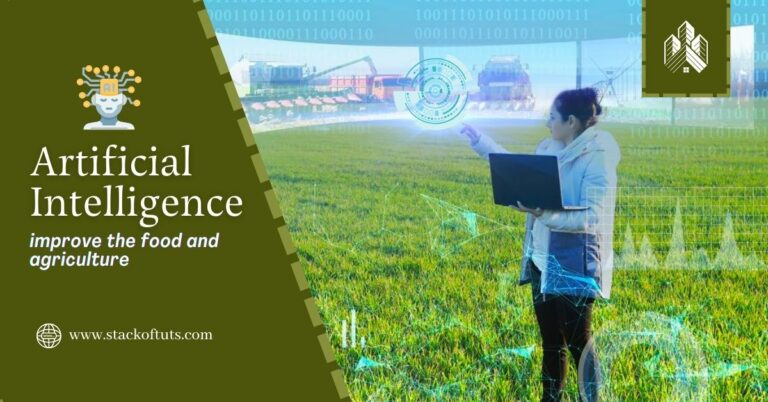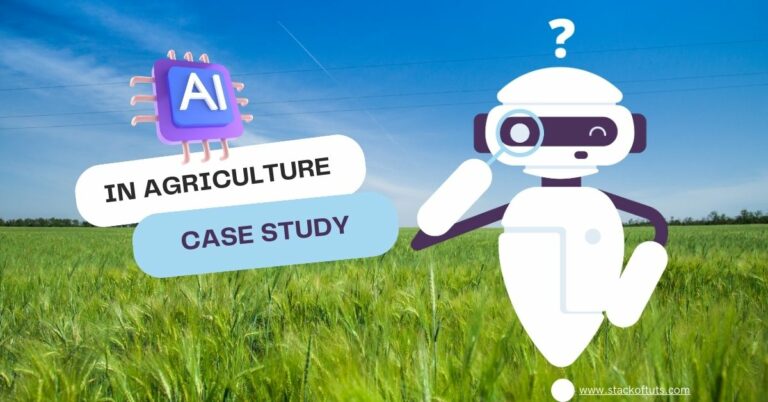
In recent years, artificial intelligence (AI) has emerged as a pivotal force driving innovation in numerous fields. The pharmaceutical research and development (R&D) sector, in particular, is experiencing an evolution powered by AI capabilities. One inquiry that surfaces frequently is “artificial intelligence in pharmaceutical research and development.” Exploring this question sheds light on the profound influence AI is exerting within this vital realm.
What is AI?
Artificial intelligence, or AI for short, signifies the capacity of machines—primarily computer systems—to undertake responsibilities traditionally demanding human cognition. This spans activities from image interpretation and speech comprehension to intricate decision-making paradigms. Rooted in intricate algorithms and data-propelled machine learning, AI equips computers with the faculty to refine their functions continuously, adapting to fresh data influxes.
Is AI helpful in pharmaceutical research and development?
Absolutely. AI has proven itself invaluable in various facets of pharmaceutical research and development.
Drug Discovery: A Renaissance through AI

Historically, the drug discovery process has been arduous, time-consuming, and resource-intensive. Often, researchers would spend years, sometimes even decades, trying to find a promising drug candidate. The vast molecular space and the multitude of potential chemical compounds make manual analysis a challenging endeavor.
Enter AI, and the landscape begins to change. With the computational power and algorithms that AI offers, researchers can now quickly sift through vast datasets, analyzing them for potential drug candidates.
One notable tool revolutionizing this space is DeepChem. By leveraging deep learning, DeepChem can predict molecular activities, helping in the discovery of potential drug compounds at a pace previously deemed impossible.
Predictive Analysis: Navigating Biochemical Labyrinths

Understanding how a potential drug will interact with the human body is of paramount importance. Adverse drug reactions can have detrimental effects and hamper the progress of drug development. Here’s where AI steps in to change the game.
Tools like IBM’s Watson can analyze intricate biochemical interactions, offering predictions on how a drug might react once administered. Such capabilities ensure that researchers are better prepared and can anticipate potential adverse reactions, thus making drug development safer.
Personalized Medicine: The Tailored Approach

Every individual is unique, and this uniqueness extends to how our bodies react to medications. The one-size-fits-all approach is becoming obsolete as the medical community acknowledges the significance of personalized treatments. AI is at the forefront of this shift.
Platforms such as Tempus are shining examples of AI’s prowess in this domain. By analyzing patient data, Tempus aids doctors in making more personalized treatment decisions, ensuring that the medicine administered aligns perfectly with the individual’s unique genetic and health profile.
Drug Repurposing: Breathing New Life into Old Molecules

Sometimes, a drug developed for a specific ailment can serve a purpose beyond its original intent. Discovering these new purposes manually can be like finding a needle in a haystack. But with AI, this process becomes exponentially more efficient.
Tools like Atomwise employ AI to identify potential new applications for existing drugs, turning previously time-consuming endeavors into streamlined processes.
The Future of AI in Pharmaceutical R&D
The adoption of artificial intelligence in pharmaceutical research and development is still in its nascent stages, but the potential is immense. As technology evolves, we can expect AI to play an even more integral role in drug development. AI could lead to more targeted drug therapies, drastically reduced R&D costs, and a faster time-to-market for new drugs.
Furthermore, as data sources grow and become more diverse, AI’s ability to process and draw insights from this data will be invaluable for pharmaceutical research.
FAQs
AI is streamlining drug discovery, offering predictive analysis, personalizing medicine, and identifying new uses for existing drugs.
While AI offers many benefits, it’s crucial to validate and verify the results it provides. Ensuring the algorithms are accurate is vital for patient safety.
AI can analyze vast amounts of data faster than traditional methods. While it doesn’t replace the need for human expertise, it significantly complements and speeds up the process.
In the long run, AI has the potential to reduce the cost of drug development by making the discovery process more efficient and reducing the rate of drug failures.
Conclusion
The conversation surrounding artificial intelligence in pharmaceutical research and development goes beyond merely assessing its utility. It’s imperative to recognize the monumental shifts AI introduces in areas like drug innovation, forecasted analyses, tailored healthcare solutions, and the refinement of existing medications. As we envision the path ahead, it’s clear that integrating AI isn’t merely a choice; it’s a fundamental requirement for progressive and streamlined pharmaceutical advancements.
Thanks!





